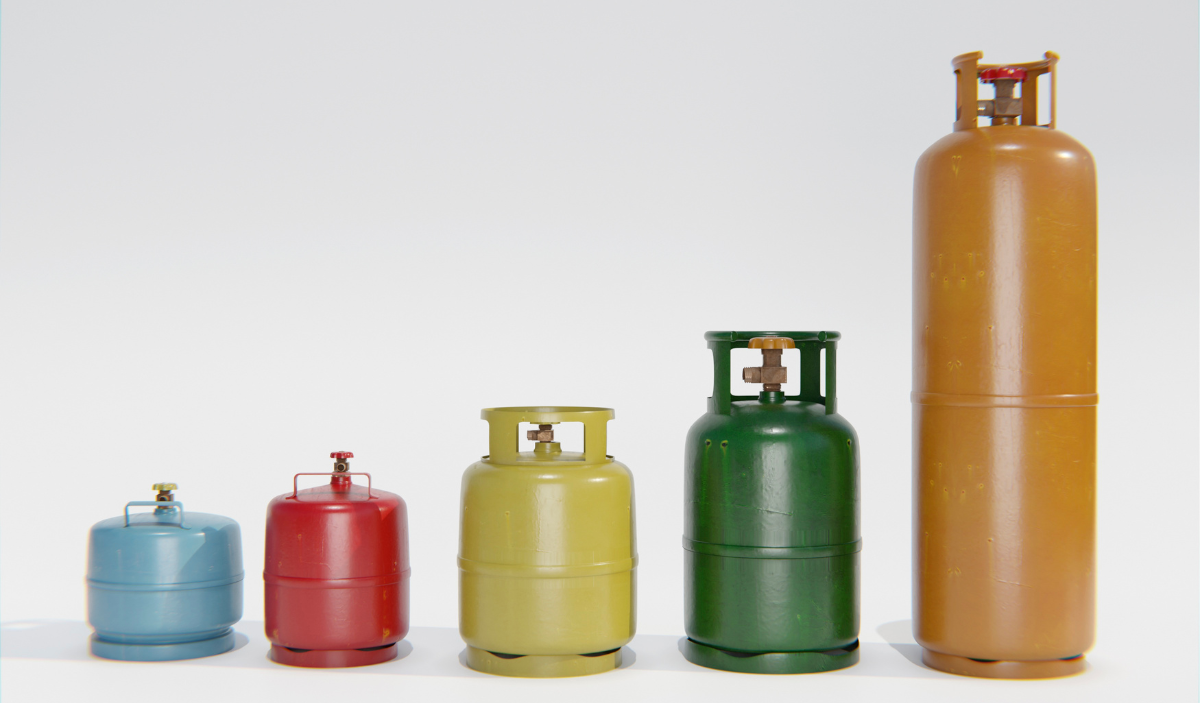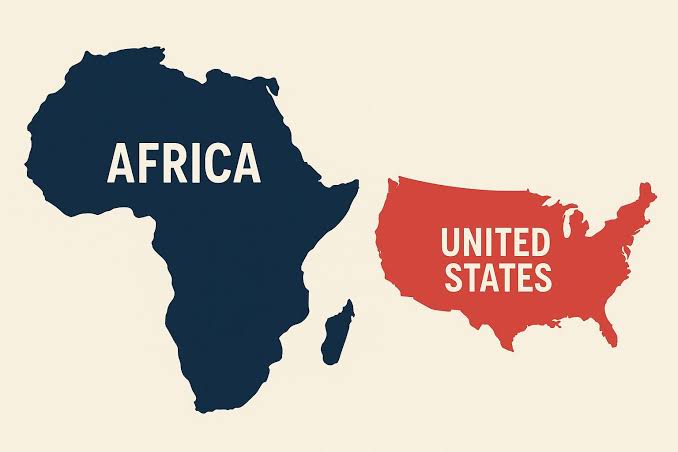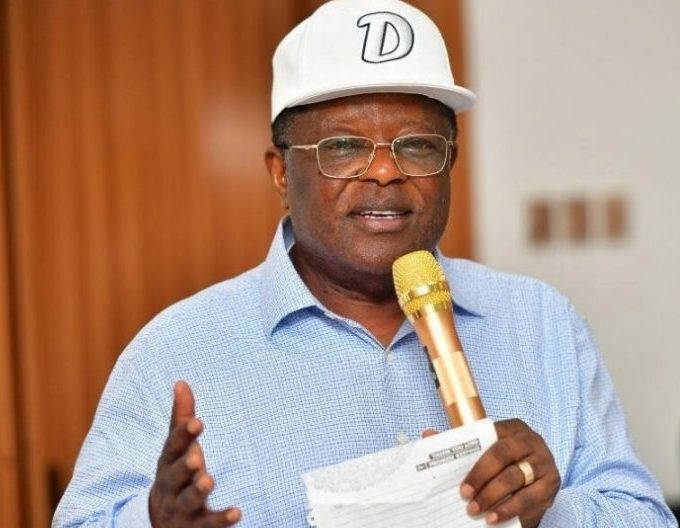
Tinubu Regime Causes More Pain For Nigerians As Cooking Gas Prices Soar 40% In One Week

The price of refilling a 12.5kg cylinder of Liquefied Petroleum Gas (LPG), commonly known as cooking gas, has skyrocketed to N25,000 this week, up from N17,500 the previous week, further worsening the economic hardship that Nigerians are facing.
According to a Vanguard report, 1kg of gas now sells between N1,500 and N2,000, depending on the location, marking one of the highest increases in recent months. The sharp rise has led to long queues as citizens rush to purchase before the scarcity worsens.
The Executive Secretary of the Nigerian Association of Liquefied Petroleum Gas Marketers (NALPGAM), Mr Bassey Essien, told Vanguard that the price hike is partly due to the recent industrial action by the Petroleum and Natural Gas Senior Staff Association of Nigeria (PENGASSAN), which disrupted distribution.
“Dangote Petroleum Refinery is currently the highest local supplier of cooking gas in Nigeria, and the crisis involving PENGASSAN scuttled distribution. Many dealers were unable to replenish their stocks during the period. What we are witnessing is a function of demand and supply. The demand for cooking gas is higher than supply, but we expect stability soon following the resolution of the conflict.”
Further reports revealed that many gas plants across Lagos and neighbouring states were shut down on Monday due to a lack of supply, leaving consumers stranded and forcing them to move from one station to another in search of gas.
Recently, Aliko Dangote, President of the Dangote Group, disclosed that his refinery currently produces 2,000 tonnes of LPG per day, with plans to increase output. He lamented Nigeria’s deepening energy poverty, stating: “If distributors are not bringing prices down, we’ll go directly and sell to consumers so that people can transit from firewood or kerosene to LPG for cooking.”
However, the soaring cost of LPG further worsens the cost-of-living crisis triggered by the removal of fuel subsidies, exchange rate instability, and soaring inflation, now hovering above 34 per cent.
Since the removal of the fuel subsidy in mid-2023 by President Bola Tinubu, petrol prices have more than tripled, resulting in a significant increase in transportation costs nationwide. Citizens now spend more than double their previous fares, while food prices have also skyrocketed.
Similarly, the price of Compressed Natural Gas (CNG), promoted by the Tinubu regime as a cheaper alternative to petrol and environmentally friendly, has also increased, further diminishing citizens’ confidence in the promised energy reforms.
With inflation eating deep into stagnant wages and the naira losing value, many Nigerians are struggling to afford basic necessities. A civil servant in Lagos told Vanguard, “Cooking gas used to be one of the few stable things in the house. Now even that is gone. We can’t cook freely anymore, and everything, food, transport, rent, is rising at once.”
This wave of hardship is coming ahead of the impending 5 per cent fossil fuel surcharge and the implementation of the new tax bill set to commence in January 2026. From fuel to gas, food to transport, Nigerians continue to bear the brunt of a failing regime and harsh economic transition that promises renewed hope but delivers short-term pain that is deepening by the day.
About The Author
Related Articles
Malian Prime Minister Presents 2025 Government Report, Pledges Stability and Reform
Mali’s Prime Minister, Major General Abdoulaye Maïga, has presented the government’s 2025...
ByWest Africa WeeklyMarch 2, 2026AES Ministers Conclude Roadmap Talks in Ouagadougou, Strengthen Security Coordination
Ministers of the Confederation of Sahel States have concluded high level discussions...
ByWest Africa WeeklyMarch 2, 2026Investigation Links Western Funding Networks and NGOs to African Conflict, Terror Financing, and Organised Crime
A transcontinental investigation has exposed an alleged web of Western-funded organisations and...
ByWest Africa WeeklyMarch 2, 2026Tinubu Approves Additional Endless Federal Road Projects While Old Projects Crawl at Snail’s Pace
President Bola Tinubu has approved a fresh round of federal road projects,...
ByWest Africa WeeklyMarch 2, 2026












Leave a comment